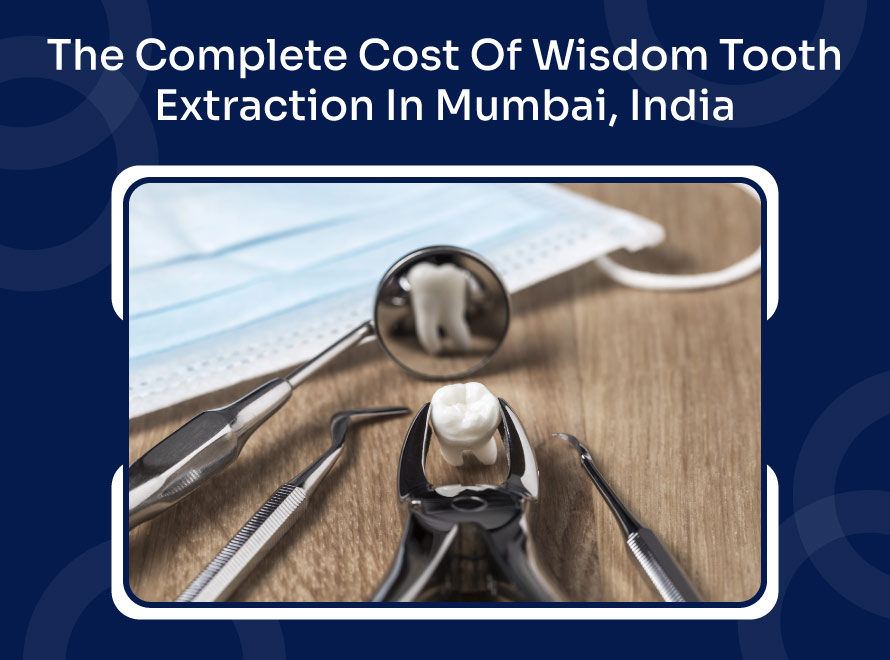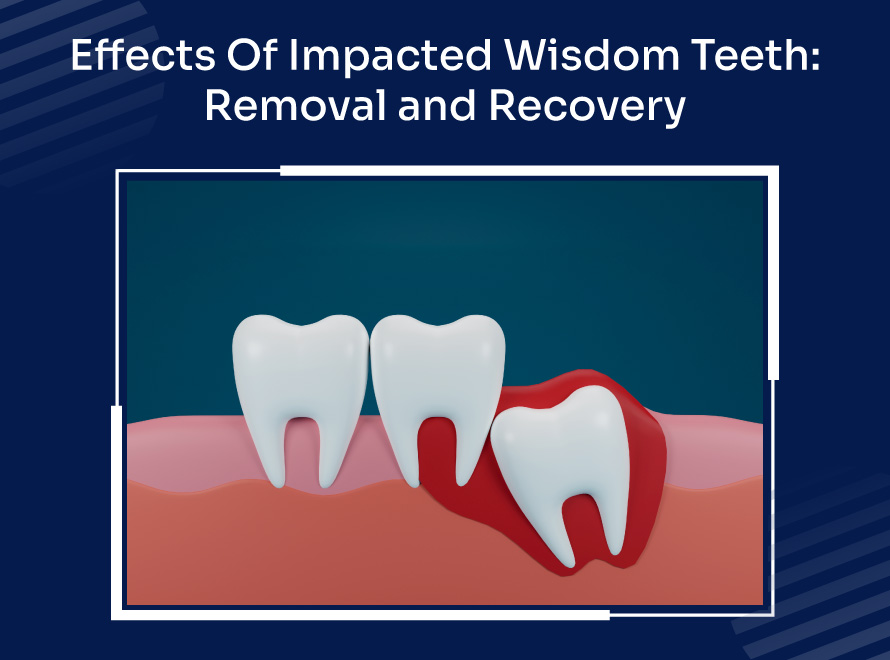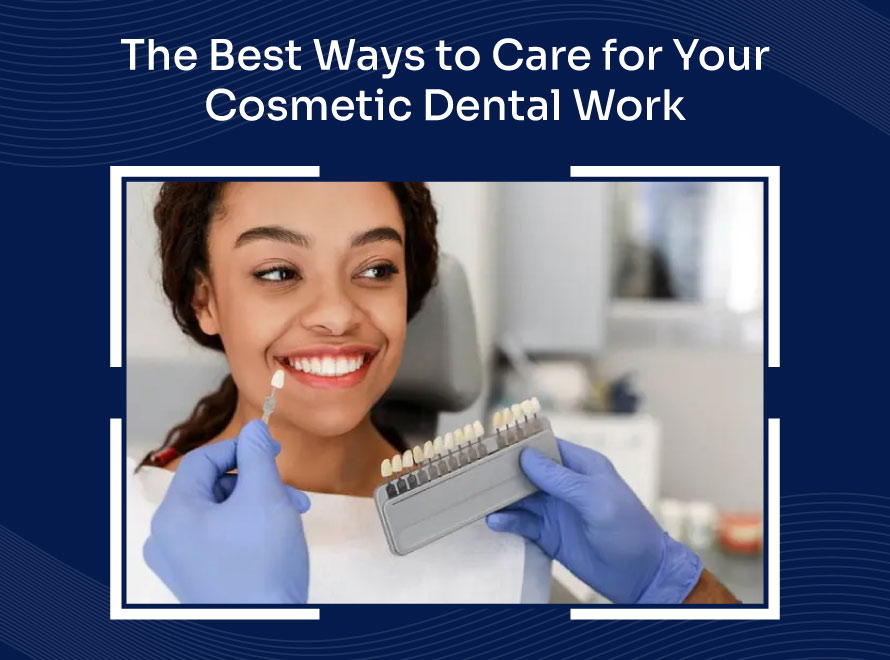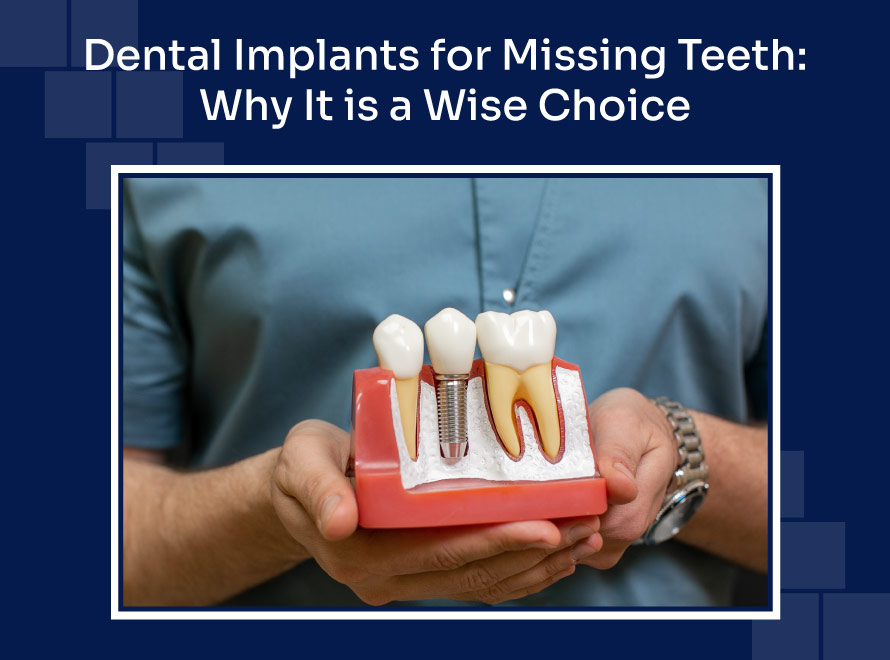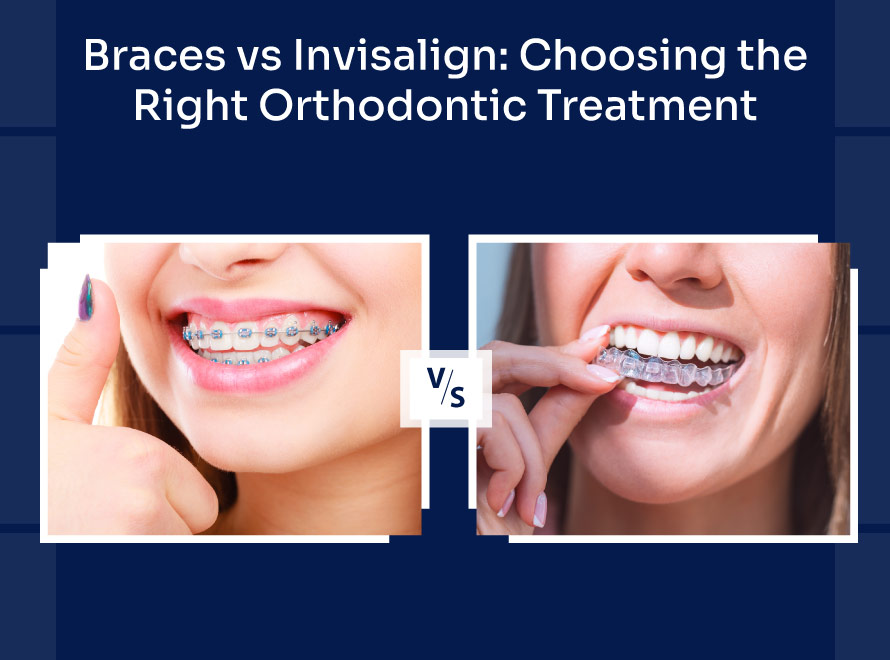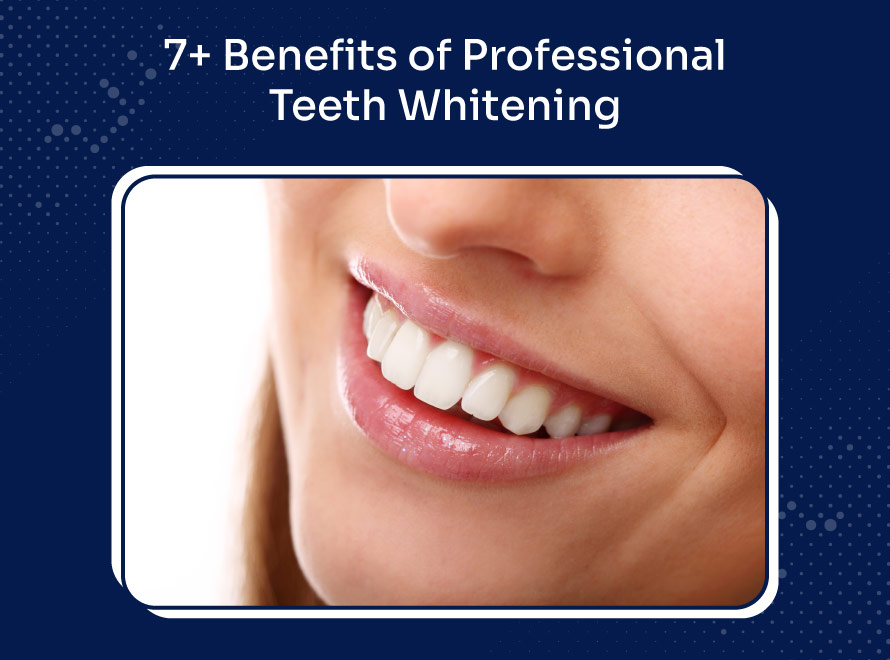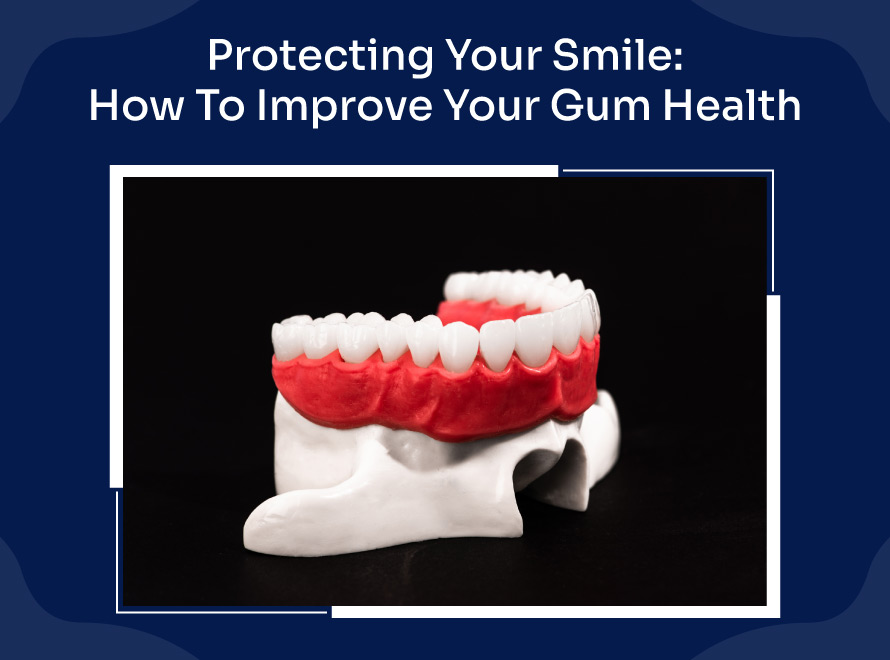If your wisdom teeth are causing discomfort, delaying their removal can lead to bigger dental issues. However, concerns about the cost of wisdom tooth extraction often hold people back from getting the care they need. In this guide, we’ll help you understand what to expect so you can make an informed decision about your oral health.
Mumbai’s Wisdom Tooth Removal Costs – Get the Facts!
Why Wisdom Tooth Extraction Is Needed?
Wisdom teeth are the third molars that are present at the back of your mouth. Most people get the last teeth to erupt in their late teens or early twenties. Sometimes, these teeth can be valuable assets to the mouth when they are healthy and properly aligned, but more often, they are misaligned and require removal. When wisdom teeth are misaligned, they can crown or damage the adjacent teeth, jawbone or nerves. When this happens, it can result in infection, cavities, gum disease and other oral health issues. That is why professionals recommend removing wisdom teeth to relieve pain.
Factors That Affect the Cost
1. Complexity
The cost of wisdom tooth extraction depends significantly on the difficulty with extraction. Surgery becomes necessary for tooth extraction procedures when the tooth is stuck under the gum or bone. Dental professionals report that 85% of patients require wisdom teeth extraction because of overcrowded teeth and pain as well as infection.
2. Number of Teeth
The overall wisdom tooth removal charges depend on the number of wisdom teeth that require extraction. Patients either need one single tooth removed or require extraction of all four teeth. Naturally, removing multiple teeth at once costs more than single-tooth extractions. However, some clinics offer package deals when patients extract all four wisdom teeth during one session, reducing the overall wisdom teeth removal cost.
3. Dentist’s Experience
The experience level and professional background affect how much a wisdom teeth removal would cost. Their expertise ensures a safer procedure with fewer complications. While it may seem tempting to choose a lower-cost provider, it is important to prioritise your experience as it can help you avoid future dental issues and additional costs.
4. Need and Type Of Anaesthesia
Anaesthesia is another factor that affects the cost of your wisdom tooth extraction. Different anaesthesia is provided depending on the complexity of the procedure and the patient’s pain sensitivity. Some of the available anaesthesia options are as follows:
- Local Anaesthesia: It is usually included in the base wisdom teeth extraction cost and is used for simpler extraction procedures
- Sedation Anaesthesia: It costs extra but is recommended for patients with anxiety and complex cases.
- General Anaesthesia: It is the most expensive option and is usually required for deeply impacted wisdom teeth.
5. Additional Procedures
Several patients need additional dental treatments, including bone grafts or gum treatments before or after extraction. Additional treatments used during the procedure will raise the cost of wisdom teeth removal. If an infection is present, antibiotics or other pre-surgery treatments would directly influence the total cost of wisdom tooth surgery.
What’s Included in the Wisdom Tooth Extraction Package?
Patients must understand the contents of a wisdom teeth extraction package before determining the costs associated with the procedure. Almost every clinic offers a standard package that consists of these characteristics:
Initial Consultation
Potential patients must begin their process by visiting a dentist who will perform tests, including oral examinations and X-ray analysis of wisdom teeth health. During the appointment, the dentist determines if extraction is needed and presents an estimated expense for wisdom tooth removal.
Pre-Extraction Care
The dentist provides medications and specific instructions for patients to reduce potential swelling while preventing infection. The package features any required preoperative care measures.
Anaesthesia
The cost of wisdom tooth surgery depends substantially on the type of anaesthesia used. The package usually includes basic local anaesthesia, while sedation or general anaesthesia may come at an additional charge.
The Extraction Procedure
The actual removal process is covered in the package, whether it’s a simple extraction or a surgical one for impacted teeth.
Post-Extraction Care
The entire recovery period is just as important as the actual surgical procedure. Post-extraction care includes treatment of pain and medication prescriptions, with appointments for follow-ups. Post-operative care protects patients from complications and helps healing progress.
Cost of Wisdom Tooth Extraction At DentalFix
At DentalFix, we strive to provide high-quality dental care at an affordable cost for wisdom tooth extraction in Mumbai. We provide cost-efficient wisdom tooth extraction procedures with a clear pricing model. The wisdom teeth removal cost at our clinic is based on the level of procedure complexity and the number of teeth extracted together with the selected anaesthesia method. We have established procedures to enable every patient to access the treatment process.
If you’re looking for the best dentist in Vile Parle East, our experienced team at DentalFix is ready to provide a seamless experience with expert care.
Insurance & Payment Options We Offer
Are you concerned about the wisdom tooth removal charges? DentalFix allows patients multiple ways to pay for dental services to reduce the overall cost.
- Our practice processes different dental insurance plans to help cover the expense of wisdom tooth extraction. Our team assist patients with checking their insurance eligibility before filing claims.
- Our practice provides patients without insurance coverage with flexible installment options that enable them to make affordable, repeated payments.
The presented financial options allow patients to obtain the required wisdom teeth removal treatment regardless of financial constraints.
Mumbai’s Wisdom Tooth Removal Costs – Get the Facts!
Conclusion
Understanding the wisdom teeth extraction cost is crucial when planning your dental procedure. Several aspects affecting the final price of wisdom tooth removal consist of treatment complexity with the number of teeth involved, the type of anaesthesia used, and whether other procedures are required. Choosing an experienced dentist ensures a smooth process, and knowing what’s included in the extraction package helps you prepare better.
If you are searching for wisdom tooth extraction in Vile Parle, DentalFix offers expert care with a clear pricing structure and multiple payment options. Contact us today for a consultation and take the first step to achieving a better smile!

